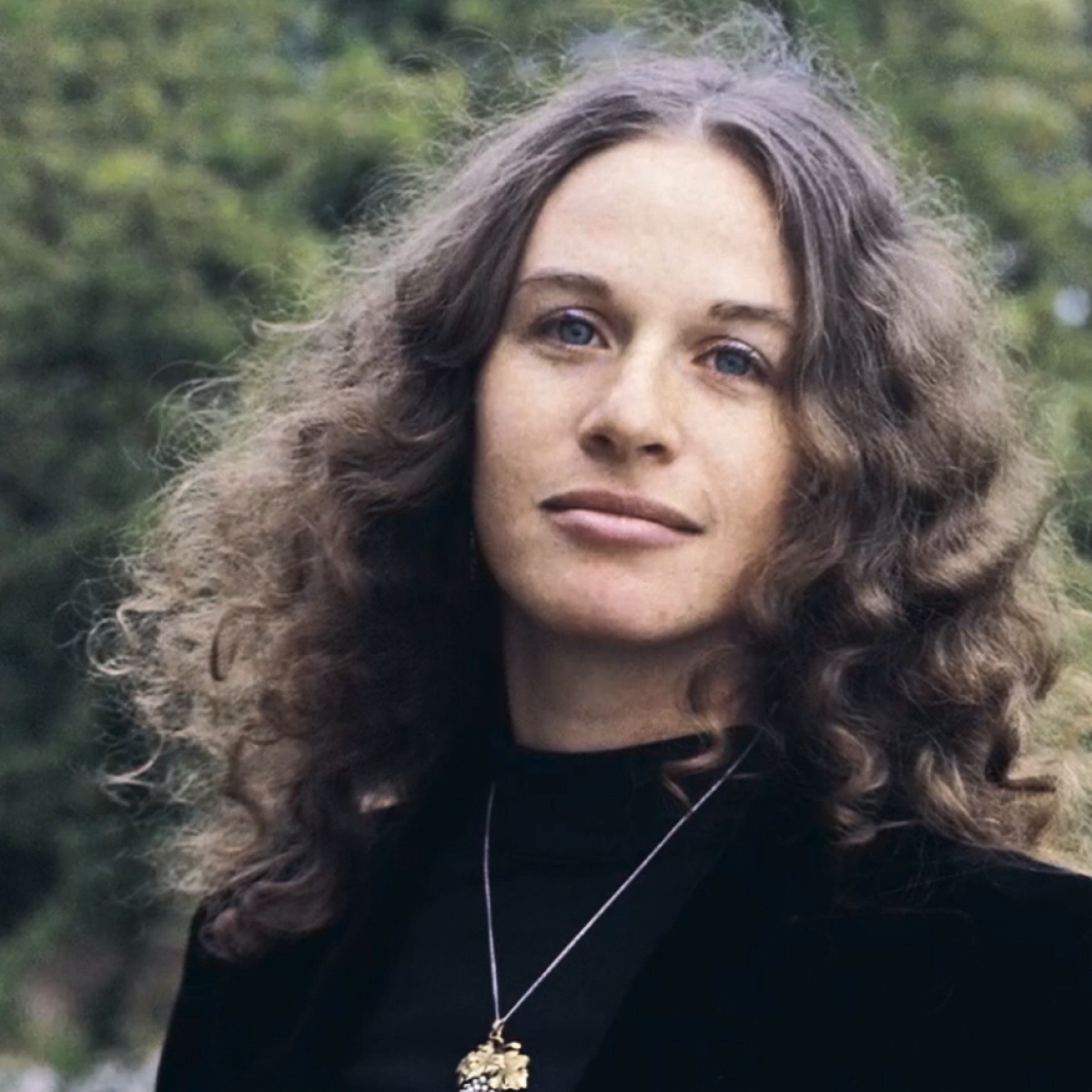
A Melancholic Ode to Love’s Passing
In the realm of timeless music, few songs capture the bittersweet nature of love’s end as poignantly as “It’s Too Late” by the legendary Carole King. Released in 1971 as a part of her critically acclaimed album “Tapestry,” this song resonates with a profound emotional depth that continues to echo through the decades. Upon its release, “It’s Too Late” quickly climbed the charts, securing the number one spot on the Billboard Hot 100 for five consecutive weeks. This track not only marked a high point in King’s illustrious career but also became an anthem for those navigating the intricate landscapes of personal relationships.
The song’s origins are as compelling as its lyrical content. Written during a period of significant personal upheaval for King, “It’s Too Late” is imbued with a genuine sense of loss and introspection. At the time, King was undergoing her own marital challenges, and these experiences seeped into her music, lending it an authenticity that speaks directly to the listener’s heart. The lyrics, co-written with Toni Stern, perfectly encapsulate the moment when both parties in a relationship come to the mutual realization that their journey together has reached its inevitable conclusion.
What makes “It’s Too Late” particularly remarkable is its ability to balance sorrow with acceptance. The song opens with a gentle yet insistent piano melody—a hallmark of King’s style—that sets the tone for a reflective exploration of love’s demise. As King’s warm, emotive voice delivers lines like “Something inside has died and I can’t hide,” listeners are invited into an intimate space where vulnerability and strength coexist. This juxtaposition is what gives the song its enduring power; it acknowledges pain while simultaneously offering solace.
Musically, “It’s Too Late” is a masterclass in blending elements of pop, rock, and jazz, creating a sophisticated soundscape that complements its lyrical themes. The instrumentation is both lush and understated, featuring contributions from renowned musicians such as Danny Kortchmar on guitar and Charles Larkey on bass. These elements come together to create a track that is as soothing as it is haunting—a testament to King’s extraordinary ability to translate complex emotions into universal language.
Beyond its immediate chart success, “It’s Too Late” has left an indelible mark on popular culture. It stands as one of the defining tracks of the early 1970s, capturing the zeitgeist of an era characterized by social change and evolving notions of love and relationships. For many listeners, particularly those who experienced its initial release, the song evokes memories of their own life transitions—moments marked by both heartbreak and growth.
For older audiences revisiting this classic tune, “It’s Too Late” serves as a poignant reminder of life’s impermanence and the beauty found in accepting change. The song’s timeless message resonates across generations: sometimes love cannot withstand the trials it faces, but there is grace in acknowledging this truth and moving forward with dignity.
In reflecting on Carole King’s contribution to music through “It’s Too Late,” one cannot help but marvel at her gift for storytelling through song. Her ability to convey such profound emotion with simplicity and elegance remains unparalleled. As we listen to this iconic track today, we are reminded not only of our own past loves but also of King’s enduring legacy as one of music’s most insightful chroniclers of the human experience.
In essence, “It’s Too Late” is more than just a song; it is an emotional journey that captures the essence of love lost yet cherished—a timeless piece that continues to resonate deeply with anyone who has ever loved and let go.
